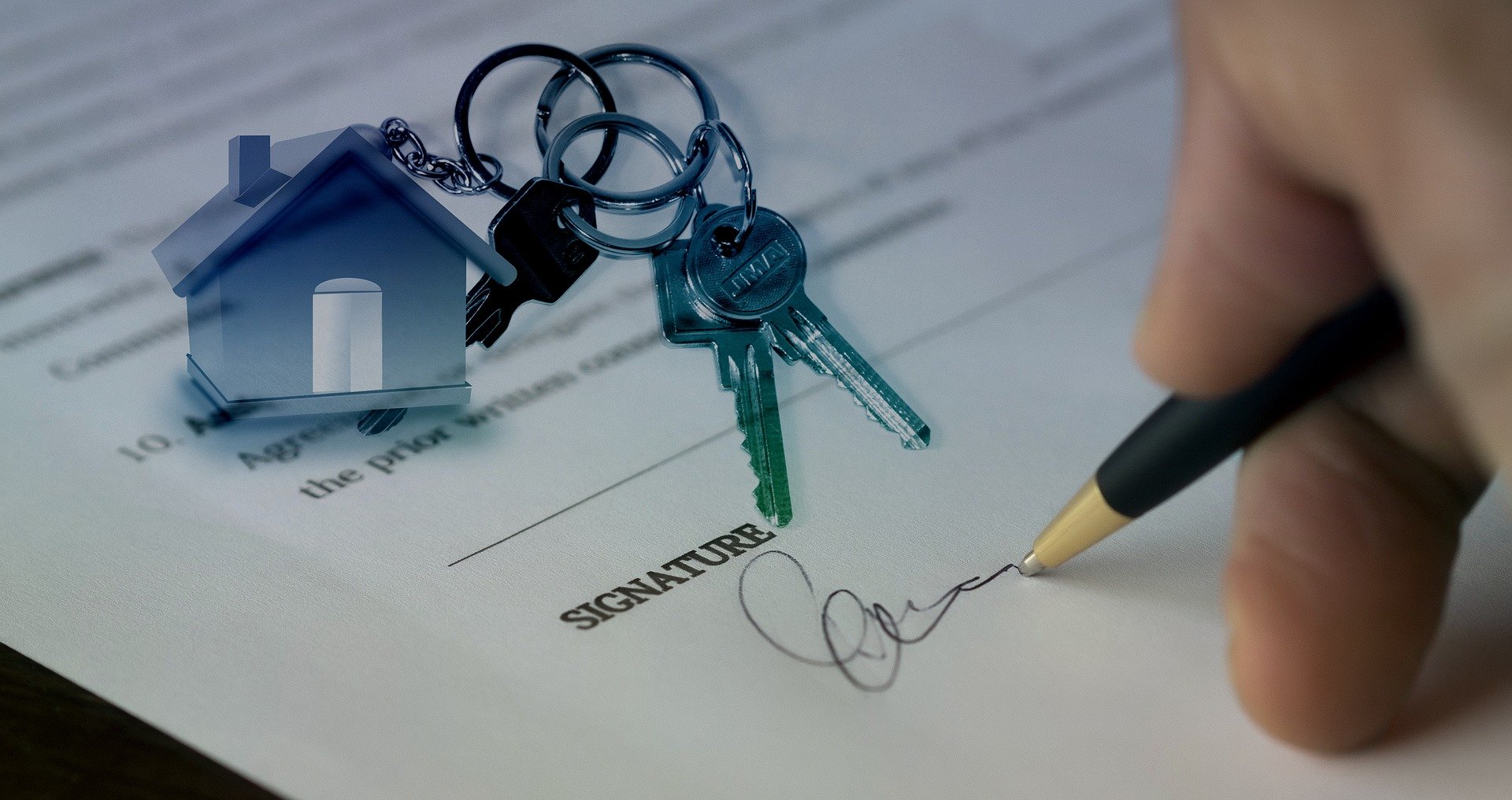Selling your home is an exciting journey, but it can also be fraught with unexpected delays. Even with the best planning, various issues can arise, slowing down the process and causing frustration.
Understanding these potential roadblocks is crucial to ensuring a smooth and efficient sale. By being aware of these pitfalls, you can take proactive steps to avoid them, making your home selling experience as seamless as possible.
In this article, we’ll explore six common things that can hold up a house sale and provide practical tips to help you navigate these challenges.
Incomplete Paperwork
One of the most frequent culprits for delays in house sales is incomplete or incorrect paperwork. This includes everything from missing signatures to incomplete disclosure forms.
Ensuring all documents are in order before listing your property can save a lot of time. Work closely with your estate agent and solicitor to make sure all the necessary paperwork is accurate and complete.
Unresolved Property Issues
If there are any unresolved issues with the property, such as structural problems or outstanding repairs, these can significantly delay the sale. Buyers will often want these issues resolved before completing the purchase.
Conducting a thorough inspection and hiring the likes of SAM Conveyancing will help to address any problems beforehand and speed up the process.
Survey Discrepancies
When a buyer’s survey reveals issues that were not previously disclosed, it can lead to renegotiations or delays as repairs are made.
Being proactive by getting your own survey done before listing your property can help you address potential problems in advance. This can reassure buyers and prevent last-minute surprises.
Legal Complications
Legal issues such as disputes over property boundaries, rights of way, or unclear ownership can cause significant delays. It’s crucial to resolve any legal matters related to your property early on.
Delays in Mortgage Approvals
Buyers’ mortgage approvals can sometimes take longer than anticipated, especially if there are issues with their credit history or financial documentation. Encouraging your buyer to get pre-approved for a mortgage can mitigate this risk.
Additionally, maintaining open communication with the buyer’s lender can help you stay informed about any potential delays.
Chain Breaks
A property chain occurs when the sale of one house is dependent on the purchase of another, creating a domino effect where each transaction relies on the next.
If anyone within this chain encounters issues, such as financing problems, legal disputes, or simply changing their mind, it can cause delays or even collapse the entire sequence of sales.
To minimise this risk, it’s advisable to sell to chain-free buyers whenever possible or at least ensure the chain is as short and manageable as possible.
Additionally, maintaining constant communication with all parties involved can help identify and address potential problems early, reducing the likelihood of chain breaks and ensuring a smoother transaction process.
Final Thoughts
Selling a house involves many moving parts, and delays can occur despite your best efforts. By being proactive and addressing potential issues before they arise, you can smooth the path to a successful sale.
Navigating the sale of your home can be complex, but with the right preparation and support, you can overcome these common obstacles and move forward with confidence.









